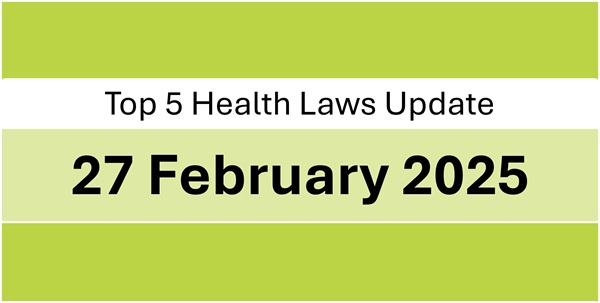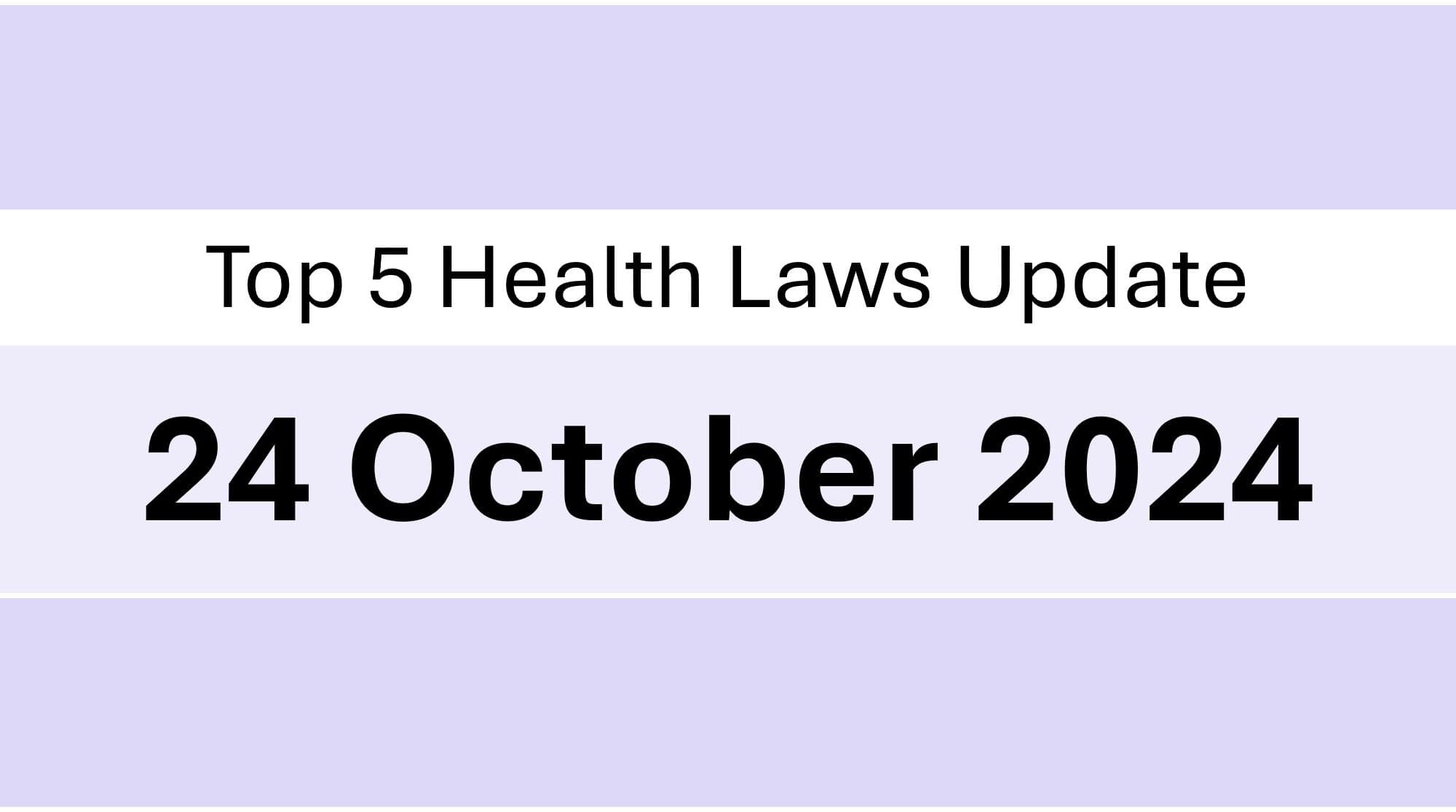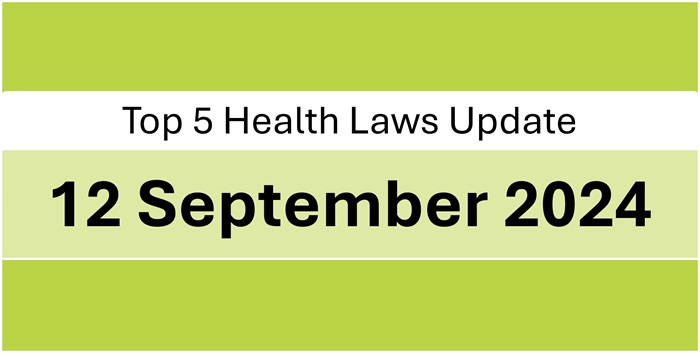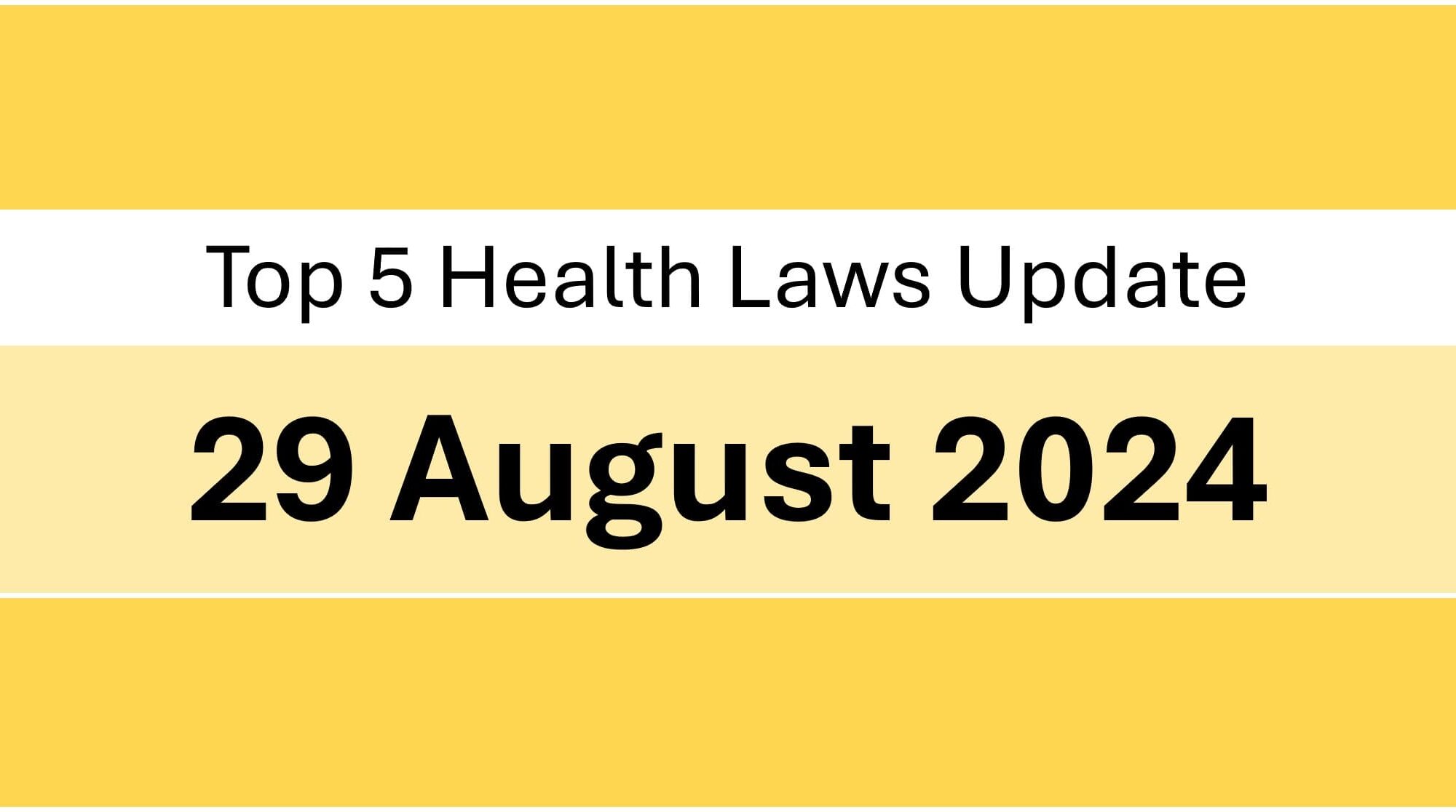Dear Readers, we are happy to share the most interesting legal and policy updates concerning health industry that we read today. we hope you enjoy reading it.
1. India’s Central Drugs Regulator (CDSCO) has clarified that modified or sustained-release form of a drug including gastro-resistant tablets/capsules, delayed-release tablets/capsules, or novel drug delivery systems will be regulated as ‘new drug’. New drugs must undergo clinical trials for obtaining manufacturing license
Source: bit.ly/41znUZe
2. India’s Central Licensing Authority (CLA) has directed manufacturers of unapproved fixed dose combination drugs to apply for permission to conduct Phase IV study / active post marketing surveillance within three months
Failure may result in cancellation of manufacturing license.
Source: bit.ly/3Xmpjjr
3. India’s Central Food Regulator (FSSAI) has reminded all food businesses that any post approval change in license information such as name of nominee, product category, expansion has to be communicated before such change takes place. Failure may result in cancellation of license.
Source: bit.ly/41AjyRq
4. India’s product standard setting body (BIS) has amended the Baby Diapers Standard 17509:2021. The amendment clarifies that actual dimensions of the diapers can vary based on the manufacturer’s design choices, with the diaper’s design being subject to the agreement between the buyer and seller.
Source: bit.ly/41znT7C
5. Clinical trial sponsors can add clinical trial sites and change the principal investigator (PI) by applying on SUGAM Portal.
The application for change of PI is deemed approved on application, and for addition of site within 30 days of application.
Source: bit.ly/41wrvHo





